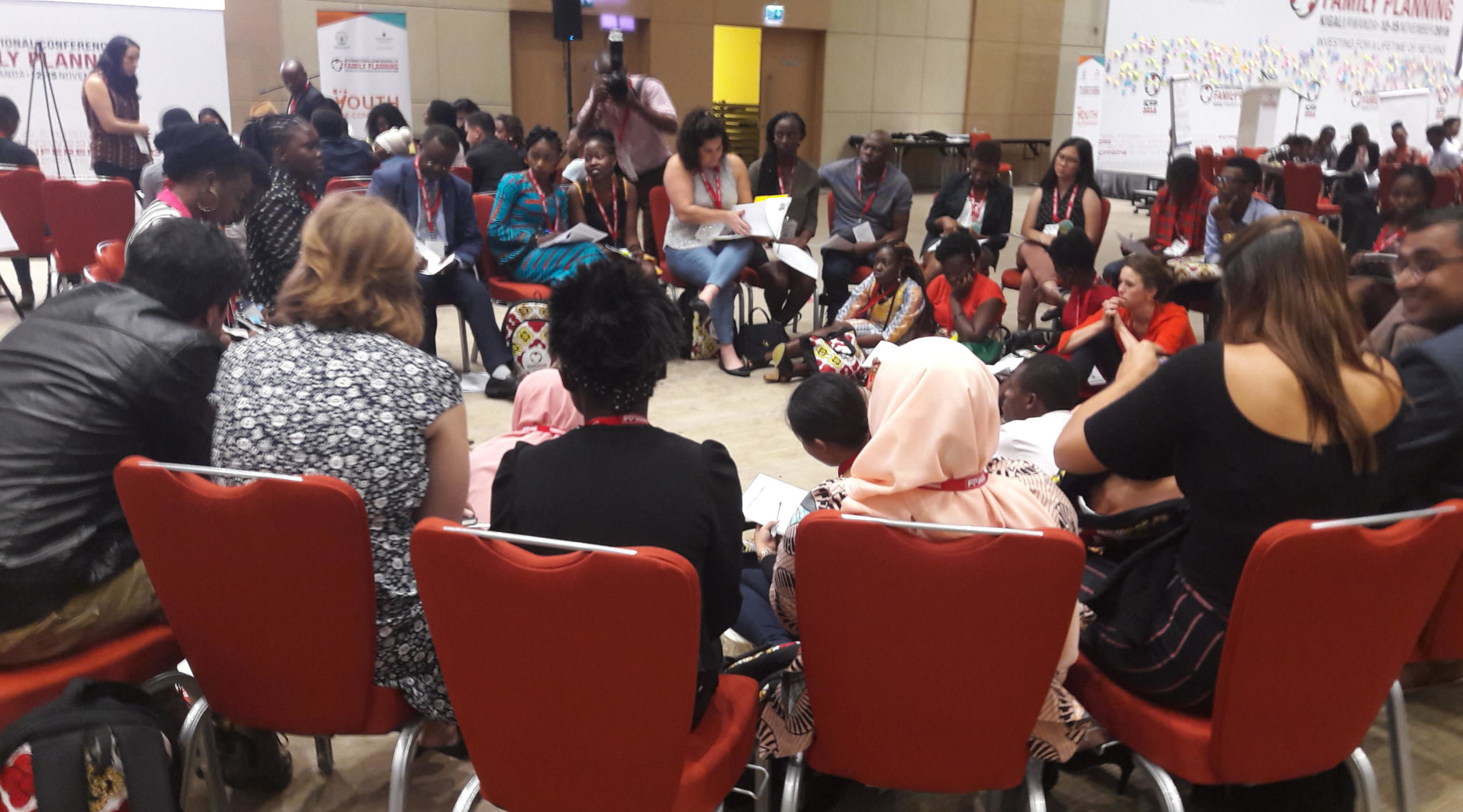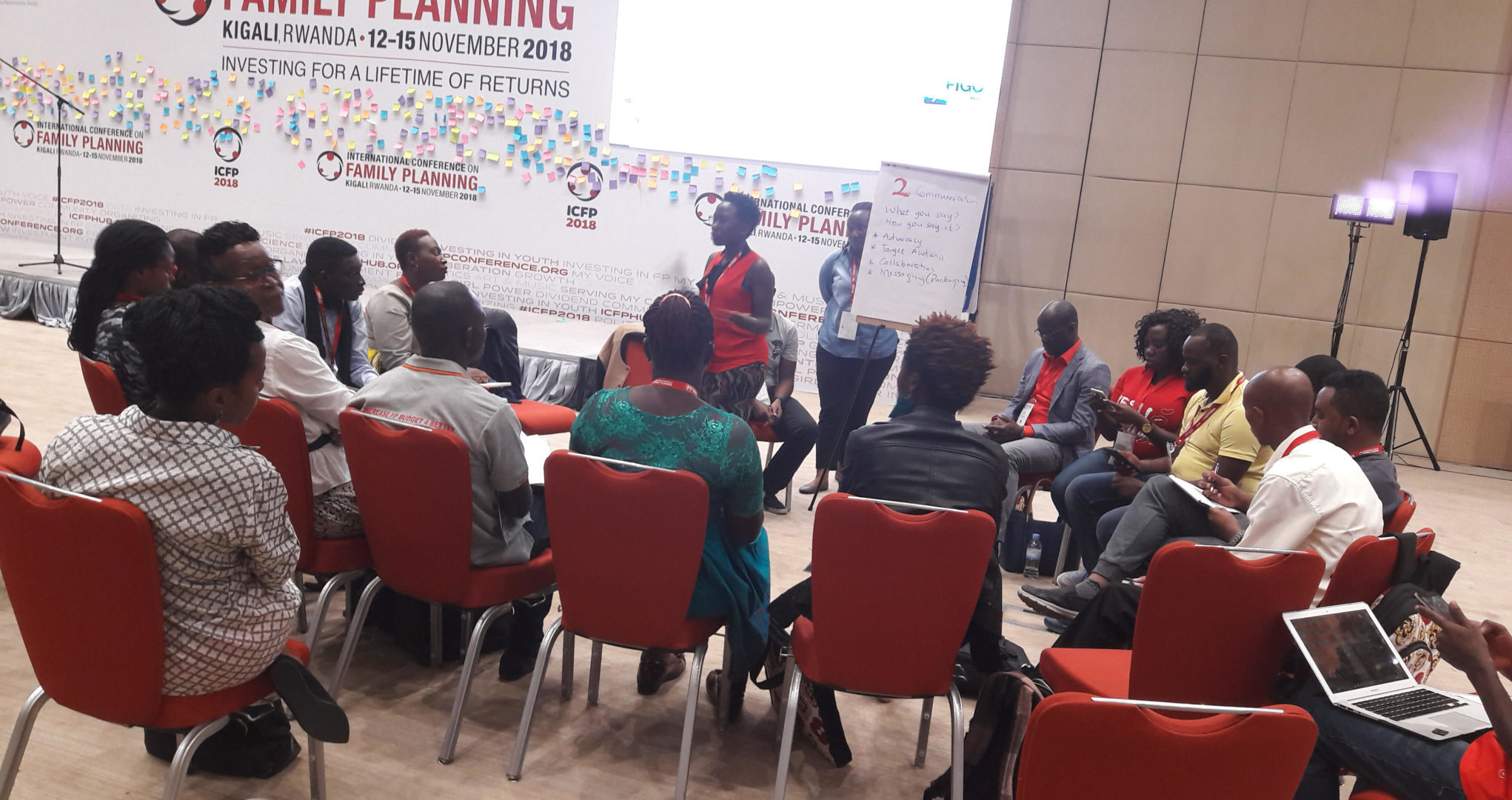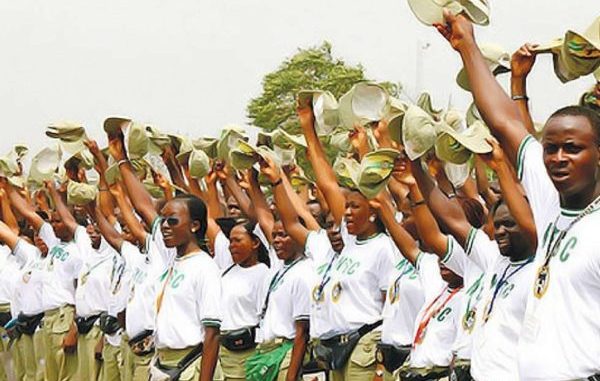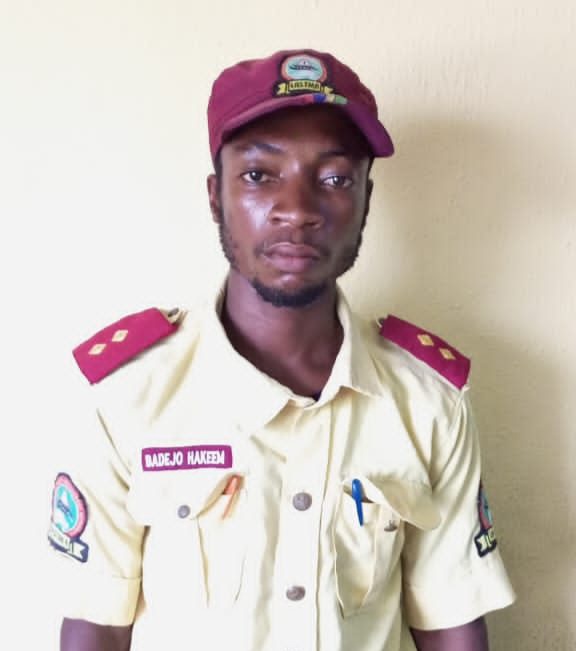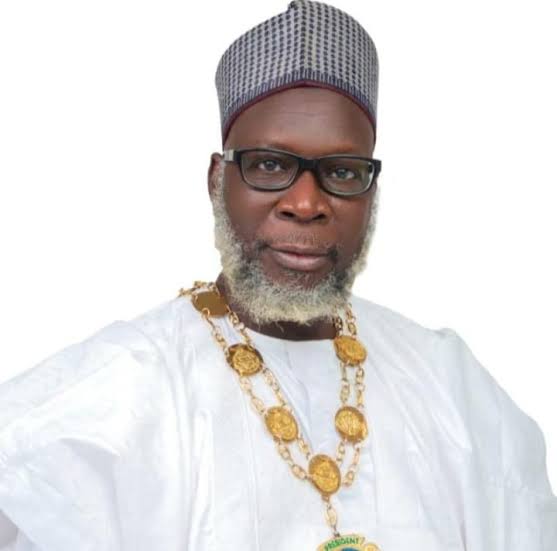As this year’s International Conference on Family Planning (ICFP) kicks off Monday, November 12, 2018, at the state-of-the-art Kigali Convention Center, Rwanda, young people are likely to form a sizable population of delegates.
The organizers have realized the need to involve young people and make them part and parcel of the new movement in family planning. Involving them is key to encouraging and building an enabling environment for them to improve their well-being and health.
According to organizers, young people’s beliefs and decisions about family planning are critical to their sexual and reproductive health and rights.
They also reason that there are obstacles in their way to realizing their full potentials. “Too often, young people face obstacles that limit their access to modern contraceptive methods of their choice,” organizers said adding “structural, financial, political and educational barriers are but a few of the factors involved in preventing youth from exercising their right to family planning.”
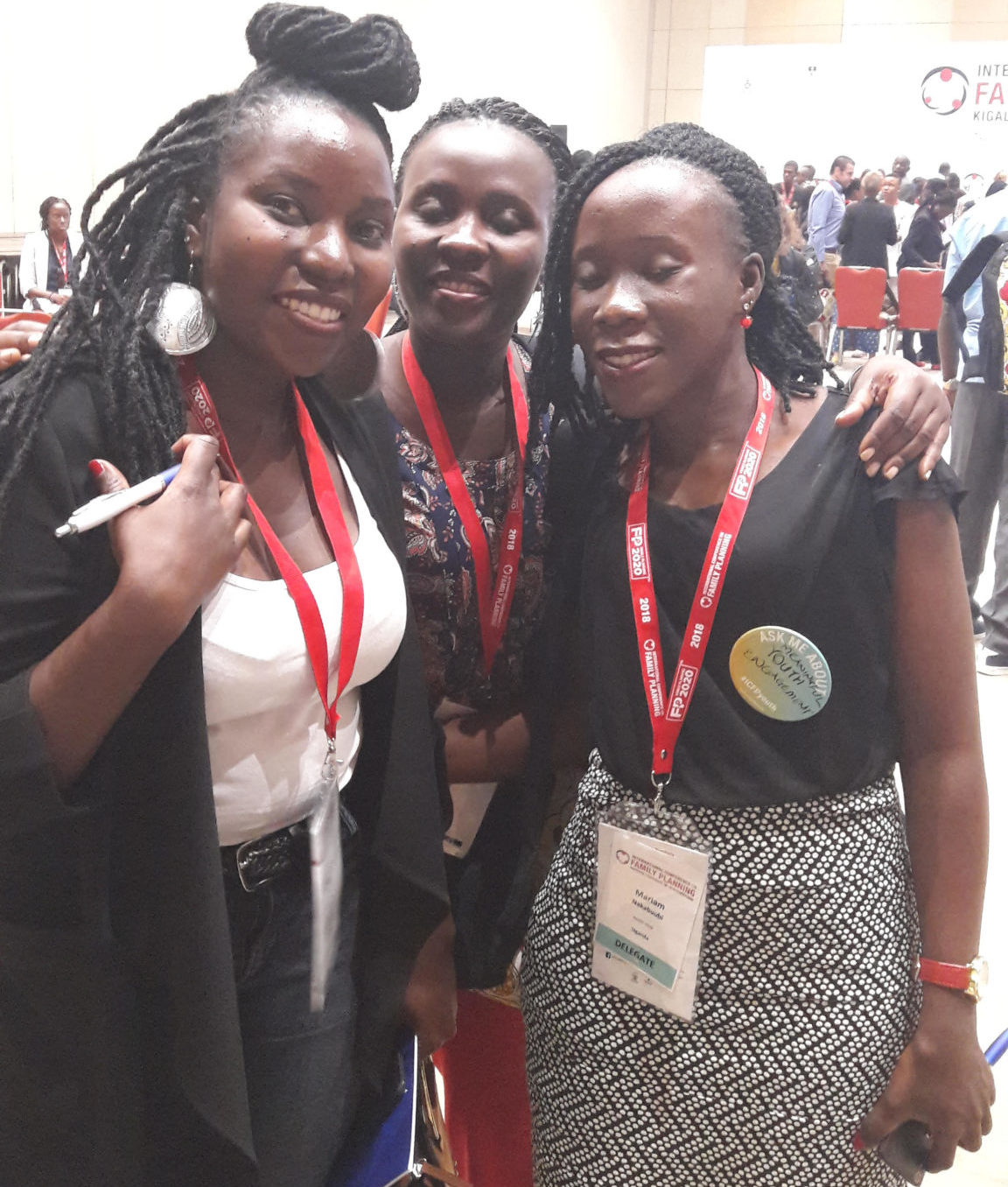
To ensure youth involvement, a youth group, International Youth Alliance for Family Planning (IYAFP), was created by young delegates during the 2013 ICFP in Addis Ababa, Ethiopia. It is aimed at “galvanizing young family planning supporters to raise their voices around the world.”
This year’s conference is not an exception. This group is leading all youth-focused engagements and activities. Several youths from all over the world converged on the Convention centre for their sessions, which held between November 10 and 12, 2018.
Several exciting sessions including break out and strategic leadership seminars were lined up for them. All sessions took place simultaneously. Mentors were seen walking around the hall to supervise the goings-on.
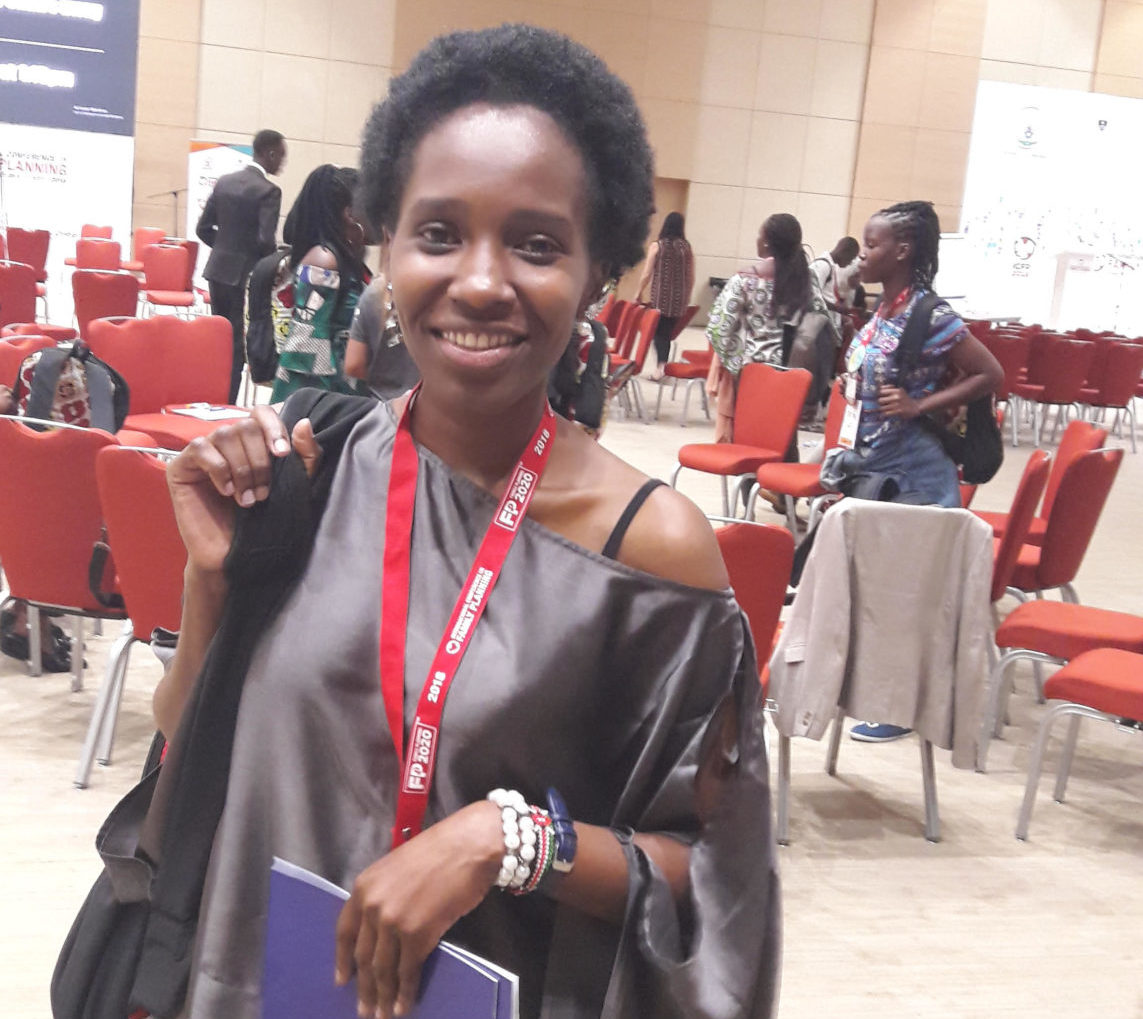
The Next Edition asked young delegates what has been the driving force behind the latest movement in Family Planning. Why are the youth showing so much interest in family planning issues that were never their area of interest and excitement? We got exciting responses from some of them.
Zoe Nussy, Executive Director, Choice for Youth
“I’m here because family planning is an issue that goes beyond age. It’s about choices, confidence, rights and health.
“Family Planning has become an issue for everyone not only older men and women. Young people are the future and we can spread information easily because we are many.
“It’s important for governments to engage young people meaningfully. They should give them a voice and vote in developing family planning programmes and policies. The Dutch government, for example, has a youth ambassador on Sexual and Reproductive Health and Rights (SRHR). She represents the youth voices. I think other countries can emulate the good example of involvement of young people in government.”
Binezero Mambo Simon, DR Congo
“I’m here because I’m a youth advocate who wants to learn more about family planning issues and connect with other youth advocates around the world and share ideas.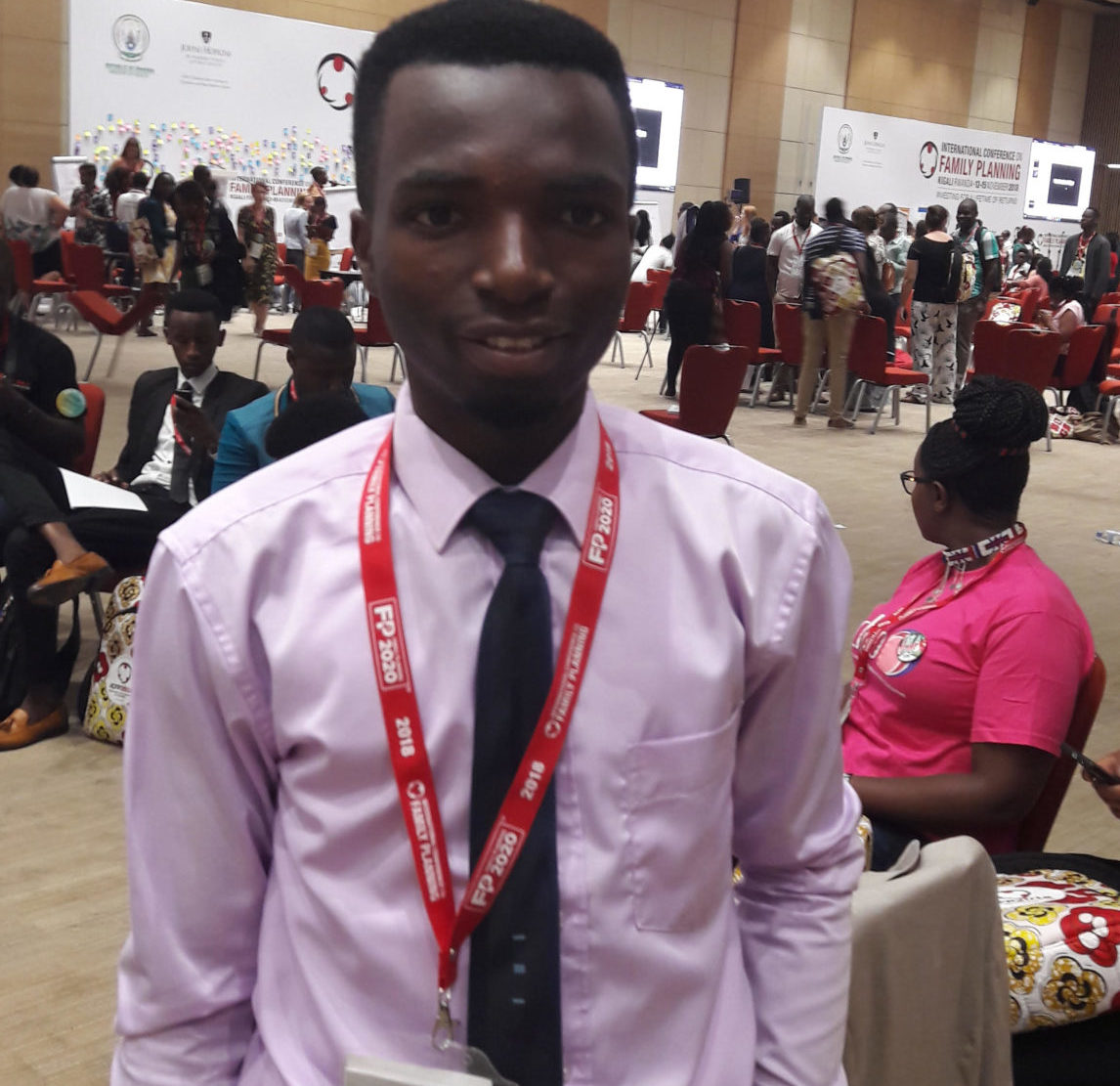
“Family planning has become a universal movement for young people because they face multitude roadblocks to access family planning information and services.
“Governments must do all they can to support young people and create a safe space for youth to be part of the decision-making and also allocate budget for young people’s reproductive health.”
Aisha Salihu Waziri, Nigeria, Centre for Communications Programme, Nigerian Urban Reproductive Health Initiatives (NURHI)
“I’m here because I’m 120 under 40 winner. I have also made tremendous impact in adolescence and youth reproductive health in the Northern Nigeria especially Kaduna, my home state.
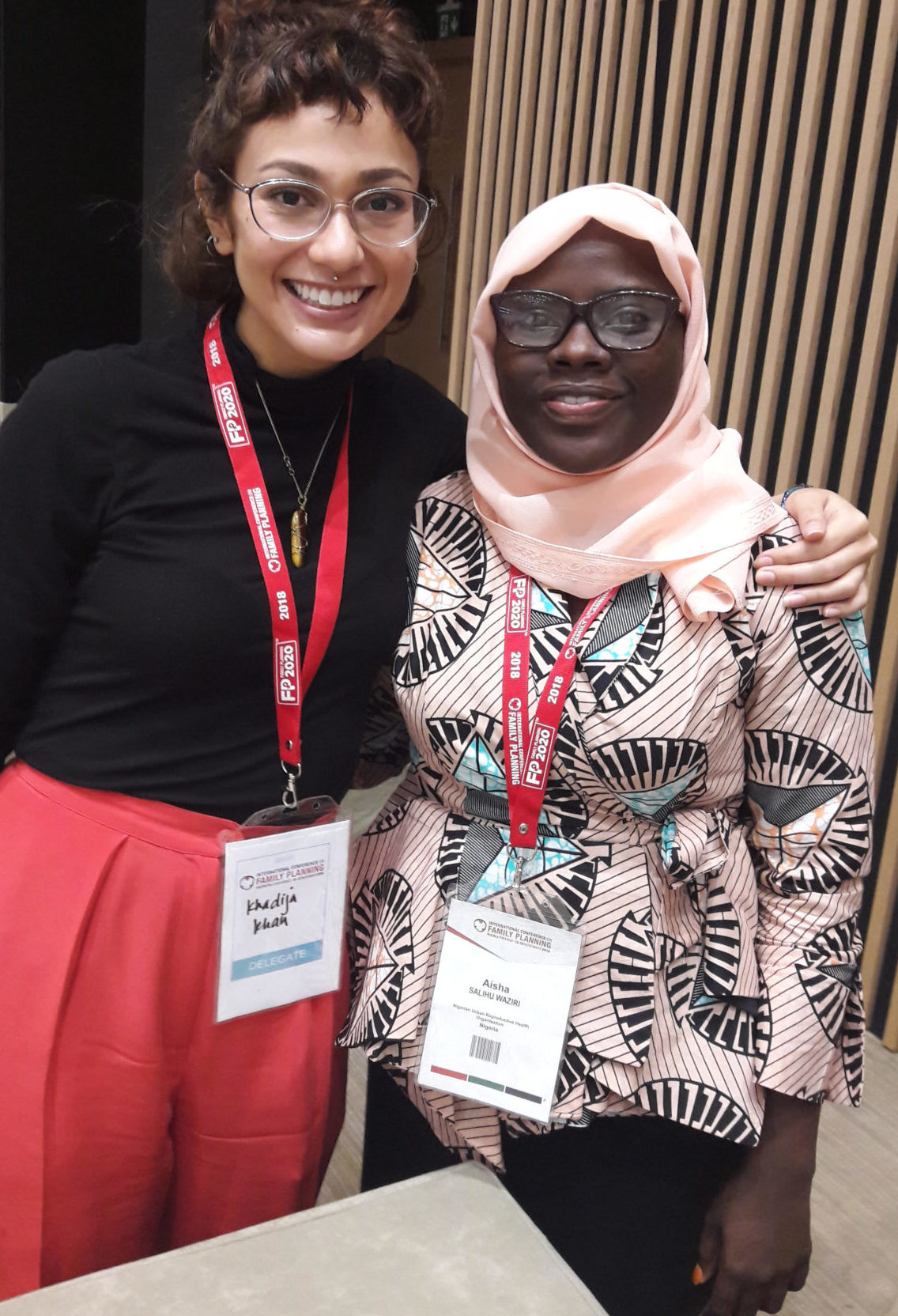
“My job entails ensuring adolescents have access to sexual and reproductive information and services. I have also been involved in advocacy for married adolescent girls and boys to have access to child spacing services and information to enable them reach their maximum potentials in life.
“I also engage religious and community leaders to understand the need for married adolescent girls and boys to have access to child spacing information.
“I think governments can do a whole lot by making adolescents’ and youths’ reproductive health a priority because young people are the future of Nigeria and their health is critical to the development of the country.”
READ ALSO: Banky W declares intention to run for House of Representatives come 2019
Khadijah J. Khan, United States of America, International and Muslim Youth Leadership Coordinator
“Family planning is an issue for young people all across the world. I came here because I work for organization called Advocate for Youth, which is based in Washington DC. We work across all the United States but we also work International. We know that there’s a wide range of issues that young people face in America to get access to proper sexual health care. These issues exist in different countries but in different ways. Getting conversations and getting to meet people and connect is going to move our work forward.
“Sometimes, we talk about family planning as if it exists over there; like outside of ourselves, but everybody here in this room is a young person who also needs to access family planning services and information.
“I think governments can fund education so that everybody gets educated and gets to make informed decisions about themselves and about their future.”
Winnie Barawa, Kenya
“It’s important to involve young people in family planning issues because young people carry with them the energy, charisma and ability to influence reproductive health policies in our own home countries.
“Governments should provide youth-friendly centers and policies especially the consent age for young people. The Constitution says one must be 18 years before one can give consent to reproductive rights. It’s wrong. The Constitution should be amended to accommodate the need for us to take informed decisions concerning our bodies and our future.
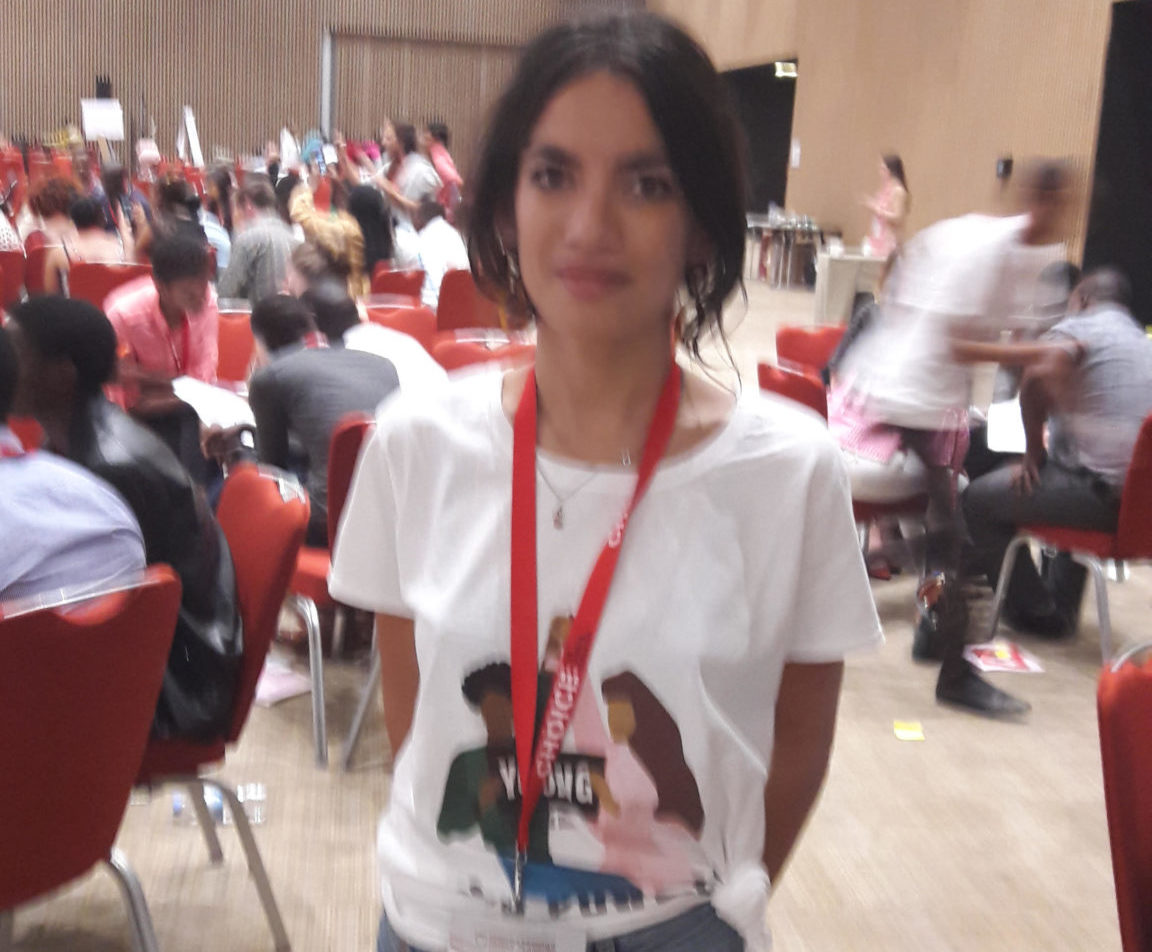
“That is why there’s a need for reduction in the consent age. We are not children at age 14, 15, 16, because even at those ages you see young people with pregnancies and you are still saying they are children? My brain may be immature like that of a teenager but my body is mature. Government says 18, but sex is everywhere. Is it not better to be educated to take informed decisions that are seen as legal than to be seen with pregnancies all over the place and get stagnated in life?
Precious Mutoru, Uganda
“My country is comprised of mainly young people ( up to 70 %). Most of whom are in their reproductive age. Unfortunately, most do not have access to sexual reproductive health information to enable them make informed sexual health decisions. Most times, wrong decisions result in teenage pregnancies, HIV and other Sexually Transmitted Infections (STIs). Too bad.
“I am here as an advocate for Sexual and Reproductive Health and Rights (SRHR) in my country to share work experience and learn from my colleagues about how they are promoting sexual health education in their countries.”
